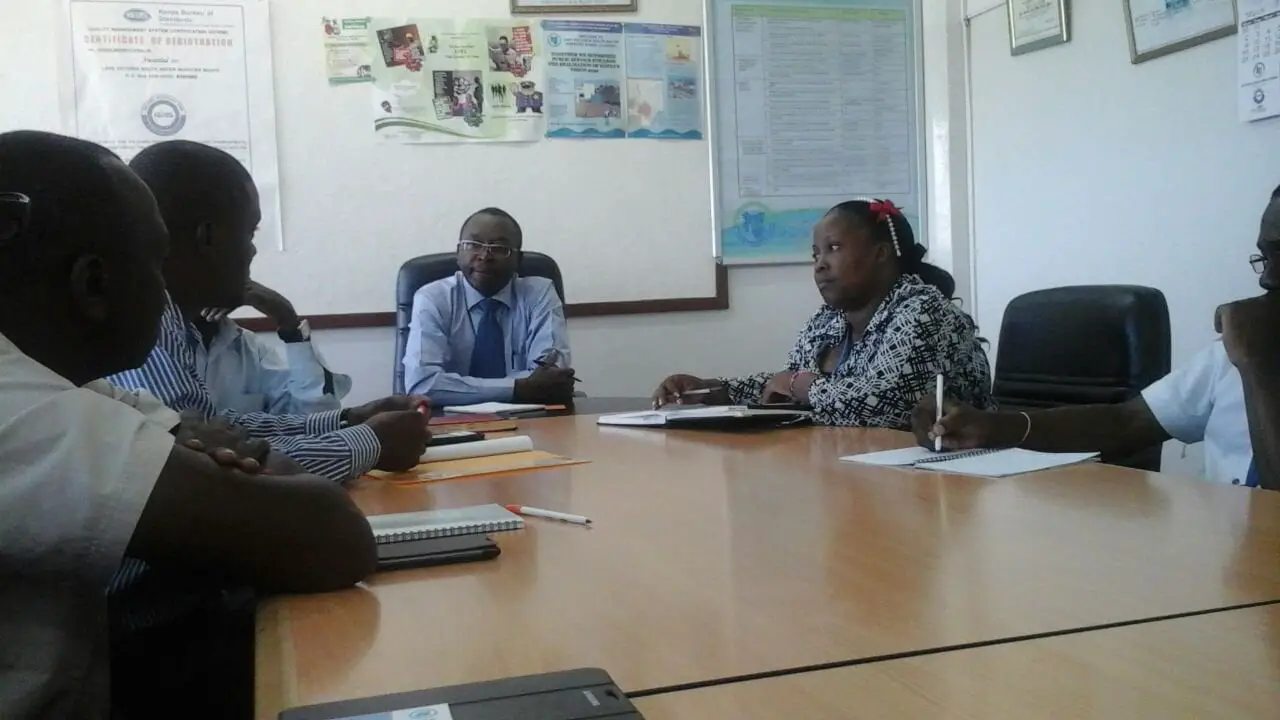Zimbabwean President Robert Mugabe has admitted he blundered by giving ill-equipped black farmers vast tracts of farmland seized from whites under his controversial land reforms.
“I think the farms we gave to people are too large. They can’t manage them,” Mugabe said in an interview with the state-owned Zimbabwe Broadcasting Corporation late Thursday to mark his 91st birthday on February 21.
“You find that most of them are just using one third of the land,” he said, a surprisingly candid admission of charges that the reforms were poorly executed.
In the past, Mugabe has blamed a drastic drop in agricultural production on erratic rains due to climate change and western sanctions, which he said hampered his government’s efforts to procure equipment for the farmers.
The reforms, launched in 2000 and accompanied by violent evictions of white farmers, aimed to resettle blacks on 4,000 commercial farms.
The land seizures have reduced Zimbabwe from being the regional breadbasket to having to import grain from neighbouring Zambia and other countries, as most of the beneficiaries lacked both farming equipment and expertise.
The rural population now often relies on food aid and at the worst times families are forced to skip meals to preserve their seed stocks and feed on wild fruits and edible leaves.
Critics say the land reforms mostly benefitted allies of the veteran leader, who has been in power since 1980.
Although an individual is not allowed to own more than one farm, Mugabe’s wife Grace reportedly owns several.
Mugabe has also warned black farmers they risk losing the farms if they sub-lease the land to dispossessed white farmers.
The white Commercial Farmers Union has complained of continued harassment and intimidation of the remaining white farmers by people purporting to be from government departments or senior members of Mugabe’s ruling ZANU-PF party.
















































